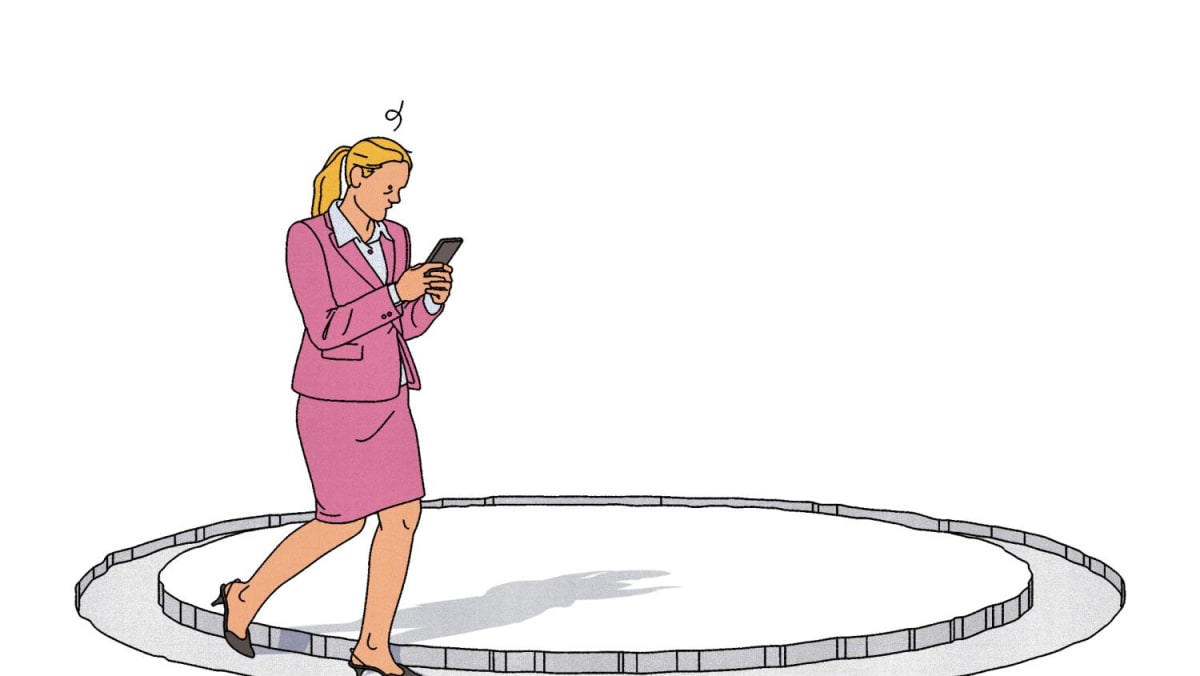
NEW YORK — When I wake up at night, I try every mental trick to avoid thinking about my job. Because if my thoughts wander to anything work-related, I will ruminate and be awake for hours.
A recent study found that work-related rumination was one of the strongest predictors of fatigue and burnout. I asked Dr Guy Winch, the author of “Emotional First Aid,” for his best strategies on how to turn off those thoughts.
KEEP A JOURNAL. Dr Winch suggests his patients keep a “rumination journal” to record the hours they devote to chewing over work issues each week.
He said that his patients have ruminated anywhere from 10 to 20 hours a week. It’s helpful, he said, to think of those hours as overtime — for which you’re not getting paid.
SET GUARDRAILS. Establish a clear line when your workday ends, and be sure to maintain it. Ritualise your transition from job to home by changing your clothes, putting on music or taking a walk.
Doing so not only erects a psychological boundary, but it can also make us more likely to use that time to rest or connect with people in real life.
TURN RUMINATIVE THOUGHTS INTO PRODUCTIVE ONES. There’s evidence that ruminating about work during leisure time can affect our emotional well-being, but thinking about creative solutions to problems does not.
So when you’re stewing, ask yourself: “Is there something I can do about this situation?” Frame specific concerns as problems to be solved, Dr Winch said.
LEARN THE DIFFERENCE BETWEEN UNPLUGGING AND RECHARGING. Unplugging at the end of the day will not stop rumination, but recharging will, Dr Winch said.
A recharging activity, he added, “leaves you feeling energised mentally, and pleased with yourself for doing it.” That can include activities like working out, crafting or meditation.
DISTRACT YOURSELF. Distraction techniques have been shown to break the rumination cycle. If you can’t find a way to solve an issue, Dr Winch suggested doing something that requires focus, such as a crossword puzzle or a word game.
Or, if it’s the middle of the night, try a memory exercise, like naming every teacher you can remember from kindergarten on up.
This article originally appeared in The New York Times.